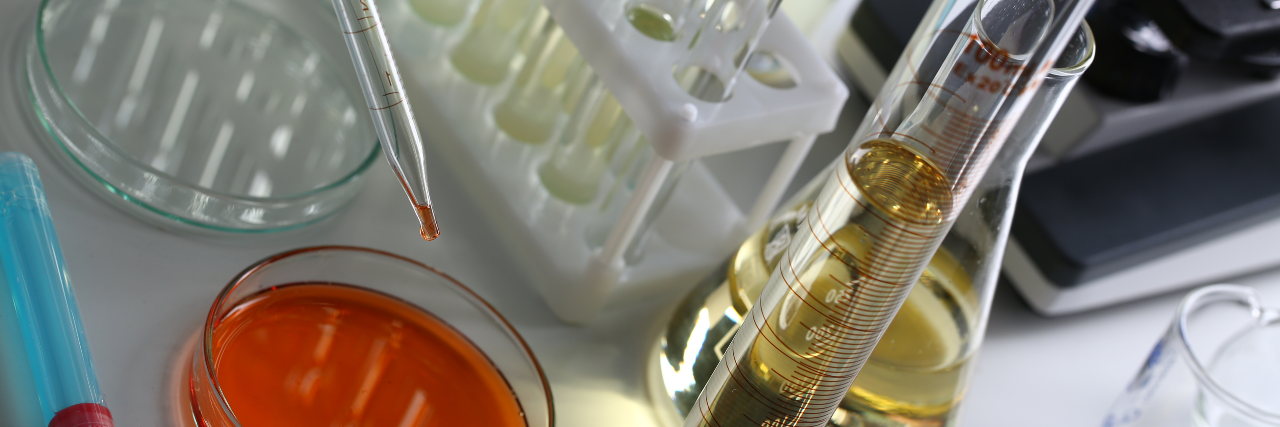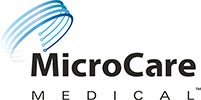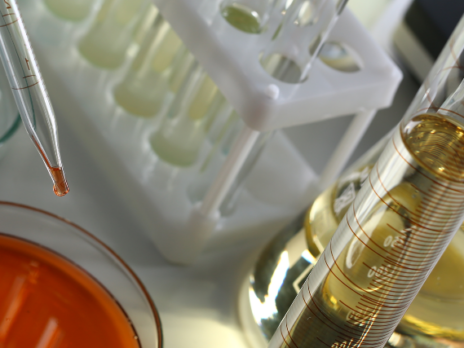

Tom Tattersall is the CEO of MicroCare Medical, a company that specialises in developing cleaning, coating and lubricating fluids used in medical device manufacturing.
Established in 2012, the Connecticut-headquartered company is an offshoot of MicroCare, LLC, which was founded in 1983. As CEO, Tattersall works with the MicroCare Medical Team to help fabricators streamline their assembly processes and make their finished devices perform better.
In this Q&A, Tattersall discusses the benefits of early product specification for simplifying validation and how MicroCare Medical is weathering the Covid-19 storm.
Medical Device Network: Tell us how MicroCare Medical got started?
MicroCare has always been part of the medical manufacturing segment through our electronics and precision cleaning products. But we also have cleaning fluids, as well as coating and carrier fluids that offer unique properties for medical devices. Therefore, we separated them into their business segment as MicroCare Medical.
Through working with our customers to provide better cleaning solutions, we recognised their need for lubricating products, which is how Duraglide™ Dry Lubricant, our first MicroCare Medical product, came about. It is a specialised dual-purpose coating. It serves either as an assembly lubricant such as a mould release or a device lubricant. Many customers use Duraglide Dry Lubricant on finished medical devices to reduce the start-up or activation forces on instruments, staplers and cutting tools.
What has been the biggest challenge you had to overcome since your inception at the company?
Our biggest challenge has been to get the message out to device designers that it is critical to plan and specify their cleaning, coating and lubricating needs early in the design stage. Pre-planning almost always results in smoother production. But even more importantly, it helps speed the arduous and sometimes lengthy validation process. We encourage engineers when designing a new device, to let us help them choose their cleaners, silicone carriers and anti-friction coatings early in their planning stages. We not only know our products but also understand how they support the fabrication processes, including validation. Our team of on-site applications experts provide collaborative support and consultative expertise to customers as they plan and execute their upcoming projects.
What do you feel is the biggest strength of your company right now?
Our biggest strength is our ability to customise cleaning and lubricating solutions for our customers. Microcare Medical not only provides off-the-shelf products, but engineers customised fluids to meet specific customer criteria. For example, clients can specially order our Duraglide PTFE Dry film lubricants with particle concentrations that range from 0.5% to 10%.
Our response to regulatory changes is another area where we stand out. Our in-house Critical Cleaning Labs proactively research and develop new products that not only work effectively, safely and economically but also meet emerging environmental regulations. For example, MicroCare Medical offers the line of Tergo™ cleaning fluids to replace older brominated and chlorinated solvents like nPB and TCE. Tergo™ fluids have a low GWP (Global Warming Potential) and a zero ODP (Ozone Depleting Potential) which helps them meet both existing and emerging regulations in many regions, including North America, Europe, Asia and Africa.
Do you feel the Covid-19 outbreak has had a significant impact on the company? How is MicroCare coping with the pandemic?
Fortunately, our customer base is diverse in the types of companies that we support. Some customers were classified as ‘non-essential’ and shut down for a time. Others who produce products for elective surgery slowed their production. However, many more customers required workspace cleaning products such as surface wipes and hand sanitisers. So, that part of our business increased over the spring and summer and continues to remain robust.
As a company, we have stayed very healthy. We are considered an ‘essential’ business in Connecticut, so our operations remained open. We implemented strict social distancing rules and rigorous facility cleaning protocols. We quickly adapted and are maintaining our employment and production levels. Business performance dropped from our expectations in January, but all things considered, we have had a solid year, both in business and employee health. We are optimistic for 2021 and look forward to evolving our product line to support our customers’ product needs across the globe.



